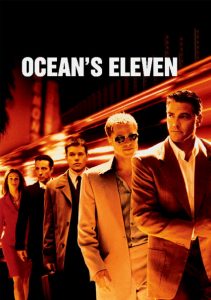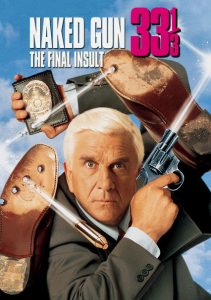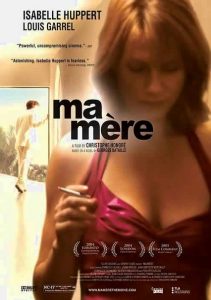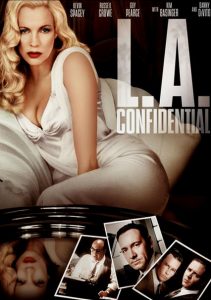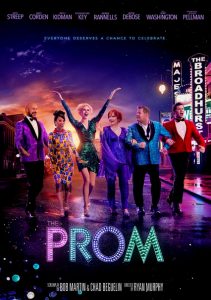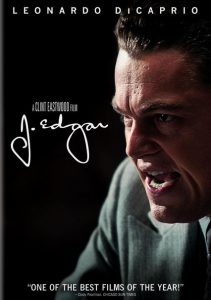P2-2007
Director Franck Khalfoun
Starring Rachel Nichols, Wes Bentley
Scott’s Review #1,106
Reviewed January 29, 2021
Grade: B
Franck Khalfoun, a French filmmaker known for the horror genre, makes his directorial debut with P2 (2007).
As a horror buff, the film has a great premise which made me immediately want to see it. Unfortunately, while the film has its moments of intrigue and plenty of gore, the climax ultimately disappoints and it turns run-of-the-mill.
Like many of its modern horror brethren, there is little that separates it from other similar films.
It’s fine Saturday night viewing fare but quite predictable.
Films set during the Christmas holiday and especially in festive New York City always enrapture me so P2 gets a leg up. The film doesn’t utilize the holiday very well save for a smattering of decorations within an office building, some snow, and one creepy holiday song.
Set on Christmas Eve, the plot follows a young businesswoman named Angela (Rachel Nichols) who becomes trapped in an underground parking garage in midtown Manhattan. She is pursued by a psychopathic unhinged security guard (Wes Bentley), who is obsessed with her.
Bentley, known for his terrific role in American Beauty (1999) is the main reason to see this film. He plays creepy and obsessed very well and is a great villain.
His piercing blue eyes are intense and frightening and his obsession with Elvis Presley and his dog is revealed. He is disturbed though for no apparent reason, which is not positive to any character development.
Why is he crazy?
When Thomas plays Elvis Presley’s “Blue Christmas” over the intercom it’s a festive and delightfully morbid highlight.
I desired to know what makes Thomas tick and why he hunts Angela. Has he been watching her for months or does he simply see an opportunity on this particular night and go for the gusto?
The plot reveals a bit of both which is unsatisfying because there is no payoff.
Does he knock out and kidnap Angela because she rebuffs his advances or would he have done this anyway if she agreed to dinner?
He is in love with her but why? It’s not that she isn’t a catch. She is pretty and a successful businesswoman with a good head on her shoulders. Does she reject him because she gets a bad vibe or because he’s a security guard?
I wanted more backstory for both main characters but once she is chained to a table it hardly matters. He’s gone too far off the deep especially after it’s revealed he has killed others. Thomas’s motivations are not satisfying.
Nichols, a novice actress, is very good at her role. She carries the film and is in a state of peril most of the time. But she neither overacts nor plays the victim.
There is a nice balance of terror and figuring out what steps to take to save her life and flee the madman.
P2 possesses a female-empowerment vibe but Angela does appear in skimpy clothing thus issuing the standard state of undress required by their female stars, a formula many horror films stick to.
Angela is smart, quick-thinking, and strong. She tries to outsmart her capturer and more often than not she does and she is victorious in the end.
Surprise!
I noticed multiple nods to the Saw (2004-present) franchise since this series introduced and embraced the torture-horror genre.
Many horror films use this technique to shock and startle viewers instead of providing clever writing or stories. The use of videotape appears in P2 which borrows heavily from Saw.
P2 (2007) is a fine effort and will satisfy horror fans. It may tread into familiar territory and back itself into a corner with limited story possibility, but I did look over my shoulder a couple of times after viewing the film when I was in my building’s parking garage.
Ironically, I was on level P2.
Maybe the film did leave an impression after all?

